Why I Volunteered with Prison Children in Bolivia
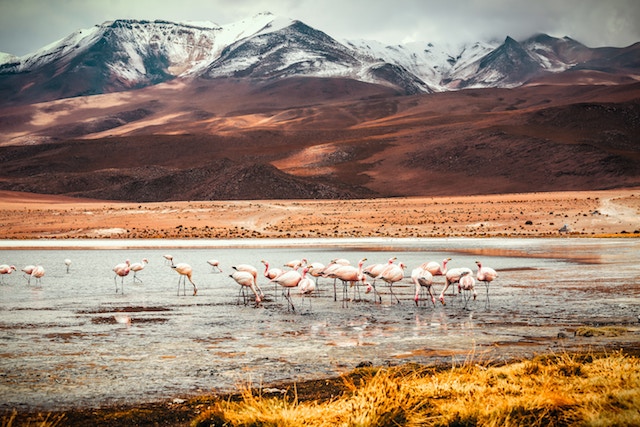

La Casa provides support, healthcare, three meals a day, education and religious teachings to the children and adolescents, and also works with their parents to try to teach them alternative forms of discipline and anger management. We currently support about 100 children, aged four to eighteen. I mainly assist in helping with homework and other activities, like sports, which the center provides.
They are lovely children who, in a sense, are suffering for the mistakes and crimes of their parents.
Opposite the center is the San Sebastián prison for women and the San Sebastián prison for men. Around the corner is the San Antonio prison, also for men. Within both men’s prisons, often whole families will live with no separation between people who have committed different types of crime. Everyone is free to walk around as he or she pleases.
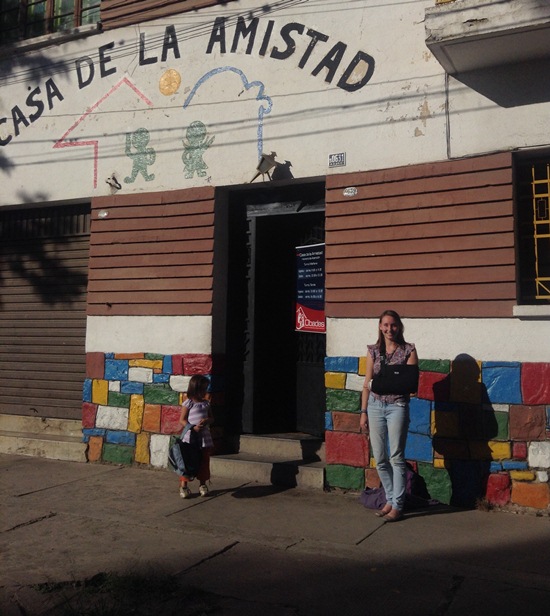
Unfortunately, this means that the tragic prospect of sexual abuse, violence, foul language, overcrowded rooms, and of course, insufficient living, sleeping and studying environments for the children. The center for them is often an escape–a place where they can learn, receive help with their studies, eat decent meals and be surrounded by good people who want to teach them a positive way of life and encourage them not to go down the same route as their parents.
They are lovely children who, in a sense, are suffering for the mistakes and crimes of their parents. Yes, they can be quite violent towards each other at times, and yes, they do say some awful things that they shouldn’t even think of at that age, but growing up with criminals is exactly what is putting them at a disadvantage. They generally listen to what they’re being told, and respect the staff at the center, showing affection and willingness to take in new things.
The government pays the prisoners 200 Bolivianos (approximately $30 a month), which is very little considering they have to buy everything themselves, right down to toilet paper.
I recently decided to visit a Norwegian girl who has been incarcerated for six years in the women’s prison, and who now has a son and daughter. The prisons are like small cities or markets. The prisoners have everything they need inside the prison to sustain themselves. There are restaurants and small shops, and most will work inside the prisons to earn money to buy the things they need.
Upon entrance to the prison, you have to buy or rent a room. If you don’t have money, you sleep outside in the courtyard or in communal rooms of up to forty people. Depending on how much money you have, there is the option of buying a room, which more or less, rate from one-star rooms to five-star rooms.
The government pays the prisoners 200 Bolivianos (approximately $30 a month), which is very little considering they have to buy everything themselves, right down to toilet paper. As I walk past the men’s prison, I see them watching their televisions or watching the world go round outside of their barred windows.
It is a tough role to be a volunteer here, and there have been a few times when my heart has broken while looking at a child and thinking of the restricted childhood he or she is living. For the last four years, I’ve volunteered at, and continue to support an orphanage in Tanzania. But no such work can prepare you for every difficult circumstance that you face in life. These unique encounters and conversations will always force me to reflect on my own life and it’s extremely hard to accept that it’s not possible to help everybody. Volunteering certainly challenges your emotional strength at times.
The prisons are like small cities or markets. The prisoners have everything they need inside the prison to sustain themselves.
On the other hand, volunteering is also extremely rewarding, especially when seeing positive developments in a child, witnessing their smiles, and hearing their laughter. No matter which country or what background people come from, they may end up playing the biggest and most memorable roles in your life. We can all learn so much from each other, and the determination and drive that people have, without even realizing it, is exactly what makes me want to keep going, never quit, and give twice as much back whenever possible.
Top photo for In Bolivia I Volunteered with Prison Children by Unsplash.





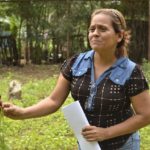
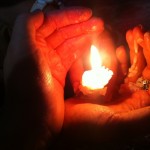
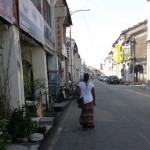

Great read! x